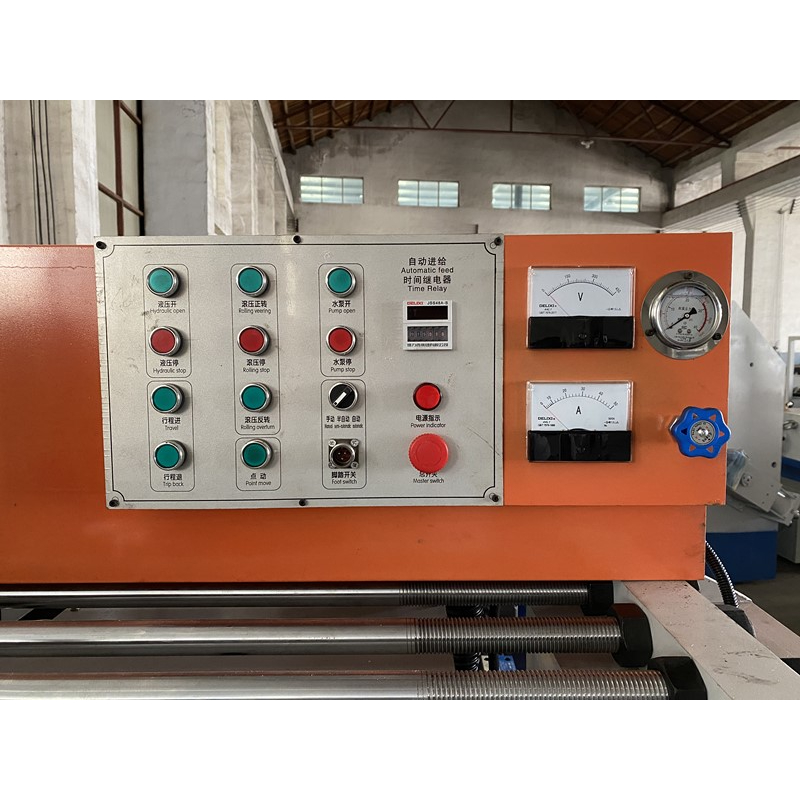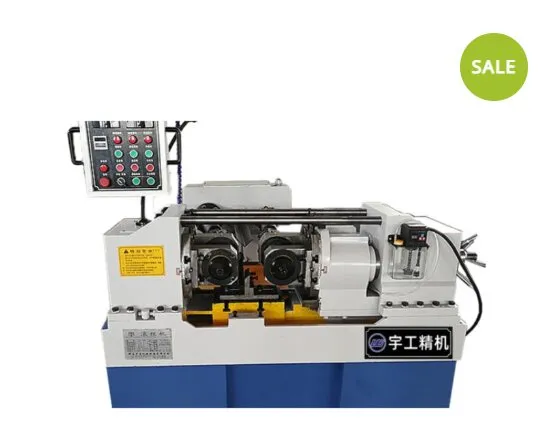
-
 Afrikaans
Afrikaans -
 Albanian
Albanian -
 Amharic
Amharic -
 Arabic
Arabic -
 Armenian
Armenian -
 Azerbaijani
Azerbaijani -
 Basque
Basque -
 Belarusian
Belarusian -
 Bengali
Bengali -
 Bosnian
Bosnian -
 Bulgarian
Bulgarian -
 Catalan
Catalan -
 Cebuano
Cebuano -
 Corsican
Corsican -
 Croatian
Croatian -
 Czech
Czech -
 Danish
Danish -
 Dutch
Dutch -
 English
English -
 Esperanto
Esperanto -
 Estonian
Estonian -
 Finnish
Finnish -
 French
French -
 Frisian
Frisian -
 Galician
Galician -
 Georgian
Georgian -
 German
German -
 Greek
Greek -
 Gujarati
Gujarati -
 Haitian Creole
Haitian Creole -
 hausa
hausa -
 hawaiian
hawaiian -
 Hebrew
Hebrew -
 Hindi
Hindi -
 Miao
Miao -
 Hungarian
Hungarian -
 Icelandic
Icelandic -
 igbo
igbo -
 Indonesian
Indonesian -
 irish
irish -
 Italian
Italian -
 Japanese
Japanese -
 Javanese
Javanese -
 Kannada
Kannada -
 kazakh
kazakh -
 Khmer
Khmer -
 Rwandese
Rwandese -
 Korean
Korean -
 Kurdish
Kurdish -
 Kyrgyz
Kyrgyz -
 Lao
Lao -
 Latin
Latin -
 Latvian
Latvian -
 Lithuanian
Lithuanian -
 Luxembourgish
Luxembourgish -
 Macedonian
Macedonian -
 Malgashi
Malgashi -
 Malay
Malay -
 Malayalam
Malayalam -
 Maltese
Maltese -
 Maori
Maori -
 Marathi
Marathi -
 Mongolian
Mongolian -
 Myanmar
Myanmar -
 Nepali
Nepali -
 Norwegian
Norwegian -
 Norwegian
Norwegian -
 Occitan
Occitan -
 Pashto
Pashto -
 Persian
Persian -
 Polish
Polish -
 Portuguese
Portuguese -
 Punjabi
Punjabi -
 Romanian
Romanian -
 Russian
Russian -
 Samoan
Samoan -
 Scottish Gaelic
Scottish Gaelic -
 Serbian
Serbian -
 Sesotho
Sesotho -
 Shona
Shona -
 Sindhi
Sindhi -
 Sinhala
Sinhala -
 Slovak
Slovak -
 Slovenian
Slovenian -
 Somali
Somali -
 Spanish
Spanish -
 Sundanese
Sundanese -
 Swahili
Swahili -
 Swedish
Swedish -
 Tagalog
Tagalog -
 Tajik
Tajik -
 Tamil
Tamil -
 Tatar
Tatar -
 Telugu
Telugu -
 Thai
Thai -
 Turkish
Turkish -
 Turkmen
Turkmen -
 Ukrainian
Ukrainian -
 Urdu
Urdu -
 Uighur
Uighur -
 Uzbek
Uzbek -
 Vietnamese
Vietnamese -
 Welsh
Welsh -
 Bantu
Bantu -
 Yiddish
Yiddish -
 Yoruba
Yoruba -
 Zulu
Zulu
Jan . 13, 2025 10:27
Back to list
types of thread rolling
Thread rolling is a pivotal process in the manufacturing industry, renowned for its ability to produce high-strength and precise threads with an array of benefits over traditional threading methods. Understanding the different types of thread rolling methods is crucial for optimizing production efficiency and ensuring the quality of the final product. Here, we delve into the various methodologies of thread rolling, shedding light on their unique advantages and applications in the industry.
Planetary die rolling is characterized by the use of a single rotating die and a stationary workpiece. As the die moves around the workpiece, it systematically forms the thread. This method allows for the production of very long threaded sections and is particularly effective for large diameter workpieces. One of the major benefits of planetary thread rolling is its capability to produce threads on challenging materials, enhancing its applicability to heavy-duty industrial sectors like oil and gas where high-strength threading is non-negotiable. Each thread rolling method presents specific advantages and is chosen based on the material, size, and required precision of the threaded component. While flat die rolling boasts high throughput, cylindrical rolling offers customization, and planetary die rolling provides solutions for challenging materials and large diameters. The selection of the appropriate thread rolling technique is essential for optimizing the balance between efficiency, cost, and thread quality. It is also critical to consider the expertise and machinery available during the selection of a thread rolling method. Partnering with experienced professionals ensures that the correct technique is employed, further enhancing the thread quality and operational efficiency. Precision engineering and proper maintenance of thread rolling machines are critical to achieving consistent results and prolonging the lifespan of the equipment. In conclusion, mastering the types of thread rolling methods is essential for manufacturers aiming to enhance product quality and operational efficiency. Whether producing high-volume batches or intricate custom threads, selecting the appropriate thread rolling technique ensures that manufacturing processes are optimized, and products meet the rigorous quality standards demanded in today’s competitive market. As thread rolling technology advances, staying informed and partnering with industry experts becomes paramount in navigating the intricate landscape of modern manufacturing.


Planetary die rolling is characterized by the use of a single rotating die and a stationary workpiece. As the die moves around the workpiece, it systematically forms the thread. This method allows for the production of very long threaded sections and is particularly effective for large diameter workpieces. One of the major benefits of planetary thread rolling is its capability to produce threads on challenging materials, enhancing its applicability to heavy-duty industrial sectors like oil and gas where high-strength threading is non-negotiable. Each thread rolling method presents specific advantages and is chosen based on the material, size, and required precision of the threaded component. While flat die rolling boasts high throughput, cylindrical rolling offers customization, and planetary die rolling provides solutions for challenging materials and large diameters. The selection of the appropriate thread rolling technique is essential for optimizing the balance between efficiency, cost, and thread quality. It is also critical to consider the expertise and machinery available during the selection of a thread rolling method. Partnering with experienced professionals ensures that the correct technique is employed, further enhancing the thread quality and operational efficiency. Precision engineering and proper maintenance of thread rolling machines are critical to achieving consistent results and prolonging the lifespan of the equipment. In conclusion, mastering the types of thread rolling methods is essential for manufacturers aiming to enhance product quality and operational efficiency. Whether producing high-volume batches or intricate custom threads, selecting the appropriate thread rolling technique ensures that manufacturing processes are optimized, and products meet the rigorous quality standards demanded in today’s competitive market. As thread rolling technology advances, staying informed and partnering with industry experts becomes paramount in navigating the intricate landscape of modern manufacturing.
Share:
Latest news
Upgrade Your Production Line With Advanced Threading Solutions
NewsJun.12,2025
Optimize Precision With Advanced Thread Rolling Equipment
NewsJun.12,2025
Maximize Production With A High-Speed Thread Rolling Machine
NewsJun.12,2025
Master Precision Engineering With The Right Roller Threading Machine
NewsJun.12,2025
Find The Right Thread Rolling Tool For Precision Threading
NewsJun.12,2025
Boost Efficiency With Our Thread Rolling Machine
NewsJun.12,2025
